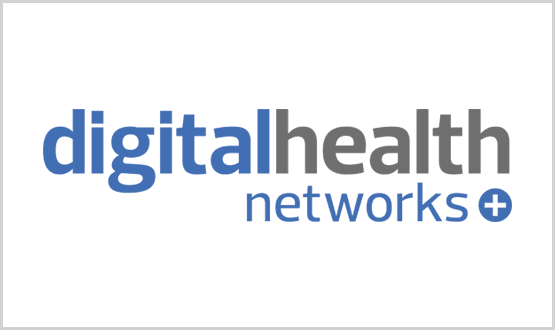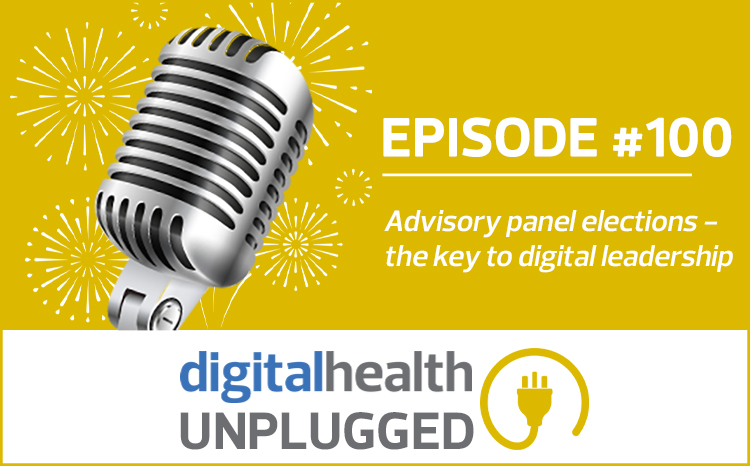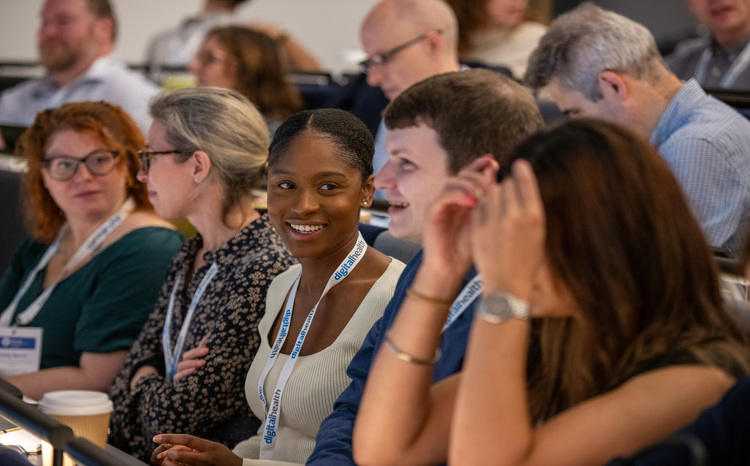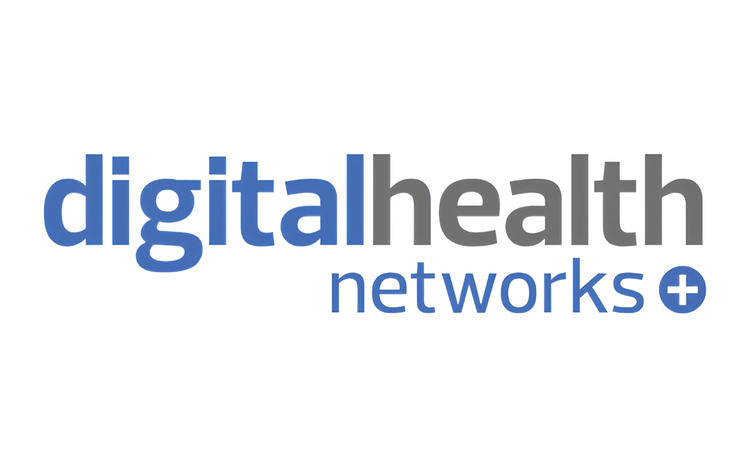Digital Health Networks share Covid-19 experiences
- 14 April 2020

Up and down the country, members of the Digital Health Networks have been working to roll out a number of IT services to help protect staff and keep people safe during the coronavirus outbreak.
The Digital Health News team asked a number of people from the Networks to share their experiences as their trusts and health boards keep up with the challenges posed by Covid-19.
Chair of the CCIO Network, Dr James Reed, said he has faced three challenges; finding ways to enable remote working for staff, solutions for remote consultations (in all forms) and virtual visiting for patients after wards closed to all external visitors.
He main advice: “Think creatively”.
“Get staff to make maximum use of the kit and tech they have got,” he added.
“Don’t assume that remote consultations means video – it could be anything, phone call, SMS, email, video – choose what is best. It might even unlock new approaches, for example, I heard a story from one clinician that an SMS exchange with a patient suited them really well and it was actually one of the best sessions they had ever had with them.
“Start thinking now about how what we are doing today is going to change the way we work in future, and where possible bring in sustainable/scalable solutions.”
Over at the Royal Marsden NHS Foundation Trust in west London, CIO Lisa Emery said supporting changes to ways of working has been key.
She said: “From our perspective, the strong focus has been on enabling home working at scale, setting up remote working for our digital team which includes the ability for them to support others through the significant changes to the way they work.
“Our key areas have been; increasing deployment of Office 365, providing advice and guidance on videoconferencing and meeting tools, implementing the Attend Anywhere virtual patient consultation platform and standing up a virtual desktop environment from scratch.”
For Mandy Griffin and The Health Informatics Service (THIS) up in Huddersfield and Calderdale, focus has also been on ensuring the workforce is ready.
Between 16 – 27 March, THIS has had 200 laptops built and rolled out to enable remote working and help protect staff, they have installed 483 webcams for GP virtual consultations to enable a safer experience for patients and eight laptops on wheels have been supplied for the additional capacity at intensive care units.
Mandy, who is the managing director for digital health at THIS, said: “I think you can say we have been extremely busy! Technology is really filling the gaps so proud to be part of this great team.”
Up in the north-east, Joe McDonald, the former director of the Great North Care Record, said Covid-19 has been a “catalyst for digital mental health in Cumbria Northumberland Tyne and Wear NHS Trust”.
He added: “Darren McKenna (former Digital Health CIO of the year) has effectively implemented our five-year plan to take psychiatry on-line in a fortnight. Thousands of staff working from home, remote consultation solution stood up overnight and trust-wide roll-out of Microsoft Teams. Safety cases and DPIA’s all produced in record time and shared on the Digital Health Discourse Platform.
“The work we have done over the last four years on The Great North Care Record means all GP practices are connected to all local providers which will be a tremendous help when the peak of the crisis comes.
“We are fast-tracking the sharing of Covid-19 results in our Health Information Exchange. I have never been prouder of the North East and North Cumbria health IT crowd. There should be a campaign medal struck for the unsung heroes transforming healthcare.”
From a primary care point of view, Phil Koczan, a GP based in London, said his practice was going through major changes.
“From a practice perspective, we have moved to total initial triage through online consultations or phone and switching to video when helpful (about 10% of calls),” he said.
“Team work is good and those self isolating are now able to dial in remotely to support the practice work. There are interesting times ahead and we have seen massive adoption of the simple technology.”
For Dr Shera Chock, another London GP, her area has been using tecnology to stay in regular contact.
“In Tower Hamlets there has been a brilliant bottom-up approach in primary care to support each other through the crisis, provide safe care for our patients and maintain our services,” she said.
“A local WhatsApp group has been central to this and is a forum for nurses, managers and GPs to share clinical updates, challenges, solutions and keep our spirits up during this difficult time.
“We have also set up a webinar on video consultations in general practice led by our CCIO Dr Osman Bhatti. Reconfiguring primary care services has been a huge challenge but working together (virtually) shoulder to shoulder has helped us pull together as a community and implement changes in record time.
“We are also working with local third sector organisations, our social prescribers and the council to support patients who are self isolating or who need additional support e.g. shopping and befriending.
“These new ways of working have broken through organisational boundaries and I hope they continue after the crisis passes.”





2 Comments
I work at Poole hospital supporting maternity, and we have had a patient who we moved to an automatic remote monitoring due to COVID which successfully picked up deterioration and the patient and her baby are safe and sound.
Just goes to show not all doom and gloom. Some of this IT stuff does do what it says on the tin!
“Not everyone has broadband”
“Older people don’t use technology”
“The internet isn’t secure”
“Our patients don’t want this”
“information governance”
“We’re different”
“just pop in”
“can’t we find another way to do this via email, online …. the telephone?”
“Sorry we’re not set up for that…..”
You’ll excuse me if I don’t celebrate over a decade of non-sense, lost time, resources and lives.
Comments are closed.